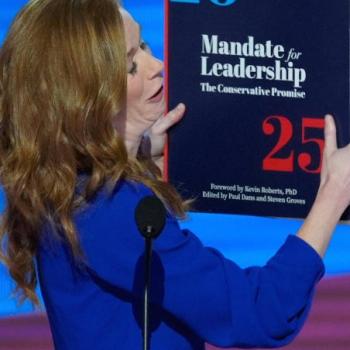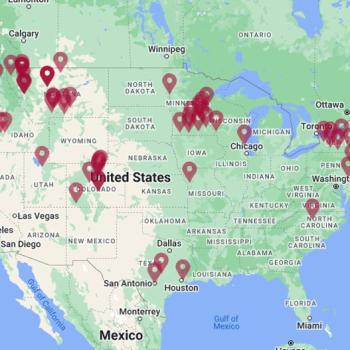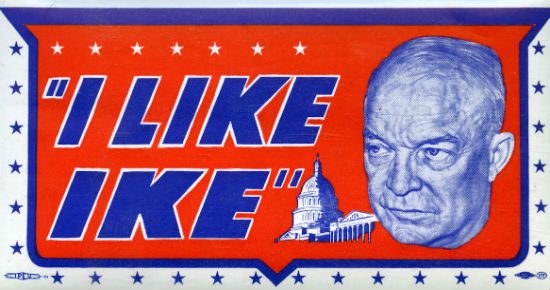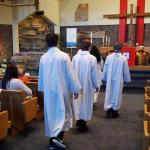Another world is not only possible, she is on her way. On a quiet day, I can hear her breathing. — Arundhati Roy
From Minnesota, “Residents work to purchase their own mobile home park“:
Owner Bill Halverstadt decided to give the residents who live in the
14-acre Meadowview Manor park the opportunity to buy it and pointed
them in the direction of help to make it happen. It started the
residents on a path of forming a cooperative to manage a resident-owned
park.Halverstadt said his decision followed a family tradition to share with others the benefits he’s received in life.
“I’m glad to turn it over to the tenants,” Halverstadt said. “It’s good
for the tenants because they will have the confidence and a brighter
future. It gives them some certainty they otherwise would not have.”Sharon Magnan, Meadowview Cooperative president, has lived in the park
for eight years. Magnan said as a community, residents decided owning
the park themselves provided them with the greatest security.“Because our fear was that should the current owner sell it to a
developer or for any other reason we were all out of a home or at least
out of a place to put our home,” Magnan said.They found help with the Northcountry Cooperative Foundation, a
Minneapolis-based nonprofit established in 2000 by a development fund
with a 30-year history. Northcountry Cooperative Foundation was
designed to help cooperatives and has a focus on affordable housing. …… Supporters of this project are not reinventing the wheel, but are
drawing from a lengthy history of resident-owned manufactured home
communities in New Hampshire where 20 percent of the parks, more than
100, are now owned by resident cooperatives. Studies of the 30-year
history in New Hampshire have found resident-owned parks have lower lot
rents, sell more quickly for a higher value and are in parks that are
more well-maintained, Walker said. The residents have a vested interest
in being economically efficient.
We’ve been over this before. Manufactured homes based on somebody else’s land depreciate, like cars. Manufactured homes based on land owned by the homeowner appreciate, like homes are supposed to. When landlord-owned communities convert into resident-owned communities, the residents gain security and certainty about their future, their monthly payments often go down, and those payments go to building equity — creating wealth.
Resident-owned communities, in other words, are good for the economy.
There’s a politically winning cause here for whichever party has the brains and the will to seize it first. Championing the conversion of “trailer parks” into resident-owned communities would involve legal protections for residents — such as right-of-first-refusal laws with reasonable timelines — as well as various low-cost incentives or loan guarantees, but it wouldn’t have to be an expensive, budget-busting enterprise.
I’m assuming this effort would also prove to be politically popular because I have this theory that actually helping to improve voters lives is something those voters might appreciate.
* * * * * * * * *
From Oregon, “Founder of Bob’s Red Mill Natural Foods transfers business to employees“:
Scores of employees gathered to help Bob Moore celebrate his 81st
birthday this week at the company that bears his name, Bob’s Red Mill
Natural Foods.Moore, whose mutual loves of healthy eating and
old-world technologies spawned an internationally distributed line of
products, responded with a gift of his own — the whole company. The
Employee Stock Ownership Plan Moore unveiled means that his 209
employees now own the place and its 400 offerings of stone-ground
flours, cereals and bread mixes.“This is Bob taking care of
us,” said Lori Sobelson, who helps run the business’ retail operation.
“He expects a lot out of us, but really gives us the world in return.”Moore declined to say how much he thinks the company is worth. In 2004,
however, one business publication estimated that year’s revenues at
more than $24 million. A company news release issued this week stated
that Bob’s Red Mill has chalked up an annual growth rate of between 20
percent to 30 percent every year since.“In some ways I had a
choice,” Moore said of what he could have done with the company he
founded with his wife, Charlee, in 1978. “But in my heart, I didn’t.
These people are far too good at their jobs for me to just sell it.”
Bob could have made a lot of money if he’d just sold the company to somebody else. Bob was smarter than that. And, yes, better than that.
Read the whole story.
This is something that can happen. This is another way the world might actually be.
















